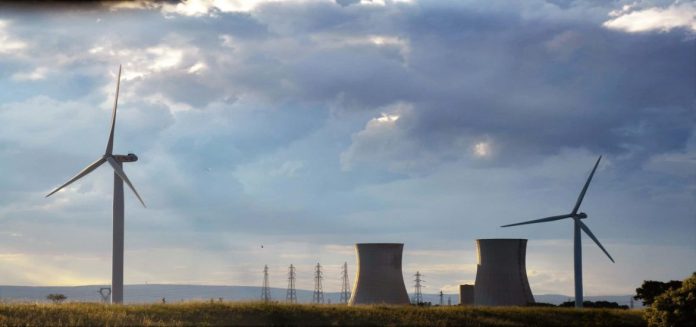Addressing climate change will require an energy system transformation so enormous that we cannot afford to say “no” to any technology that reduces CO2 emissions. It is often claimed that nuclear energy is not essential for decarbonisation, as renewables, particularly solar and wind, are “faster” and “cheaper” than nuclear. However, this ignores a key principle in energy system design: the cheapest or fastest way to decarbonise the next megawatt-hour of electricity is not necessarily the best next step on the path to net-zero.
Supposing that wind or solar generating capacity can be built quicker than a nuclear power plant (NPP) does not necessarily mean that the grid can be fully decarbonised faster if we exclude nuclear. In fact, history suggests otherwise. France and Sweden’s nuclear buildouts permitted decarbonisation at a much faster rate and to a far greater extent than in the renewable revolutions of Germany or California.
Transition and uncertainty
Some studies have suggested that variable types of renewable energy could supply a net-zero grid on their own— and at a lower cost than those featuring nuclear. Such scenarios, however, carry often-unacknowledged uncertainty and have not been demonstrated anywhere in the world. They generally depend on risky enabling technologies such as long-term grid-scale energy storage, the widespread adoption of hydrogen as an energy carrier, or combined cycle natural gas turbines (CCGT) with carbon capture and storage (CCS). Read more…



